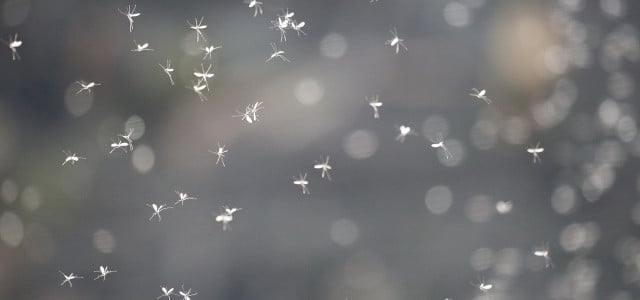Knowing when to expect the peak of the mosquito season will help you protect yourself from these little pests. Read on to find out when mosquitoes come out in your area.
Every year, the abrupt explosion of mosquitoes seems to take everyone by surprise. All of a sudden, you’re covered in itchy bites. Yet, while it may feel like they sometimes just come out of nowhere, mosquitoes do have “seasons”. These aren’t fixed, however, and can change from state to state depending on a variety of factors. In this article, we’ve put together a short guide on how to tell when mosquitoes will come out in your area and how long it will last.
When Do Mosquiotos Come Out?
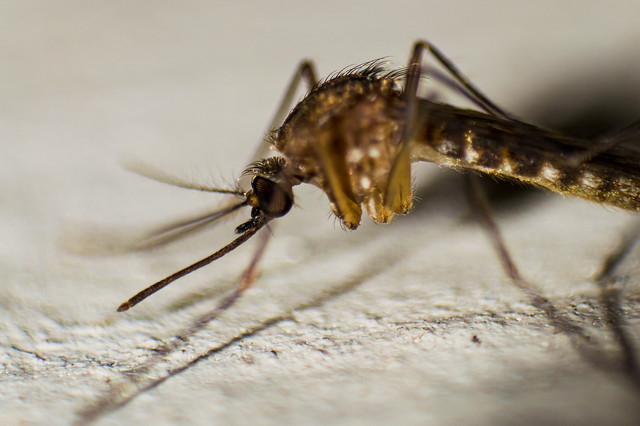
(Foto: CC0 / Pixabay / imsogabriel)
There are many parts of the US where mosquito season typically starts in the spring and lasts through the fall, meaning mosquitoes will emerge when temperatures are consistently around 50°F or higher. This means that in some southern states where it rarely gets colder than 50°F, mosquitoes can be active year-round, or the mosquito season will last much longer. In the northern states, mosquitoes typically start biting in late spring and continue until the first frost. In the whole of the US, the peak season is usually in the summer months.
However, the timing and intensity can vary depending on climate zones, areas defined more by their seasonal weather conditions than their geography. Mosquitoes require warm temperatures and standing water to breed and thrive, and different climate zones can provide different conditions for their development and activities.
There are several ways to define the different climate zones in the US, but one common method is the Köppen Climate Classification System. This system categorizes climate zones based on temperature and precipitation patterns. This can be helpful when looking for an imprecise guideline for mosquito activity since these are the two key factors that influence their breeding and emergence.
Climate Zones With High Mosquito Activity
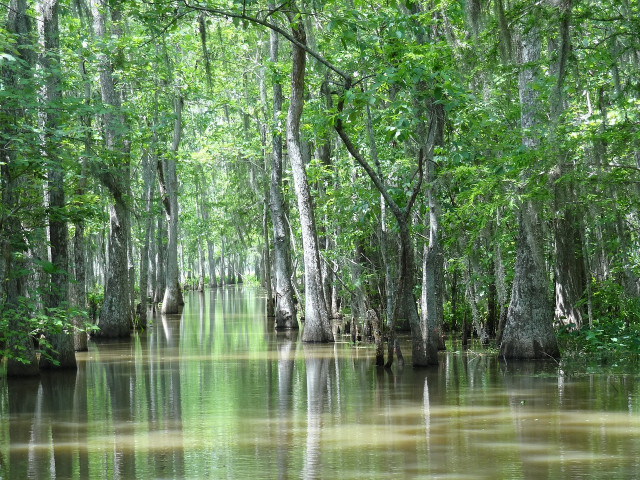


(Foto: CC0 / Pixabay / bobmann)
Zones with high mosquito activity (e.g. where do mosquitoes come out sooner and hibernate later):
- Tropical
- Humid Subtropical
- Humid Continental
Tropical climate zones include parts of Southern Florida and the Hawaiian Islands, and are characterized by warm temperatures year-round and high levels of precipitation. The latter two zones are characterized by humid summers, but the winters in Humid Subtropical zones in the Southeastern US are much milder. Areas in these zones include parts of Texas, Louisiana, Mississippi, Alabama, Georgia, South Carolina, and Florida.
In the Humid Continental zones of the central and northeastern United States, mosquitoes are likely to be out later than in Humid Subtropical zones thanks to their colder winters. This includes areas such as parts of Ohio, Indiana, Illinois, Michigan, Wisconsin, Minnesota, Pennsylvania, New York, and New England.
Climate Zones With Limited Mosquito Activity



(Foto: CC0 / Pixabay / Obelixlatino)
Zones with limited mosquito activity (e.g. where mosquitoes come out later and hibernate sooner):
- Arid
- Mediterranean
- Marine West Coast
- Subarctic
Arid and Mediterranean climate zones are characterized by their very dry summers. Since mosquitoes need bodies of still water to bread, this stunts their growth, making them less prominent pests. These zones comprise parts of the western US, including parts of California, Nevada, Utah, Arizona, and New Mexico. They tend to have hot, dry summers and mild winters.
The longer winters and cool summers of the Marine West Coast and Subarctic zones also help control mosquito populations. These areas include the western coast of Oregon, Washington, northern California, Alaska and the northernmost parts of Canada.
It’s important to note that these climate zones can vary depending on local geography and weather patterns, and that there may be overlap between different zones in certain regions. To check which zone you live in, check out this interactive climate zone map.
What Time of Day Do Mosquitoes Come Out?
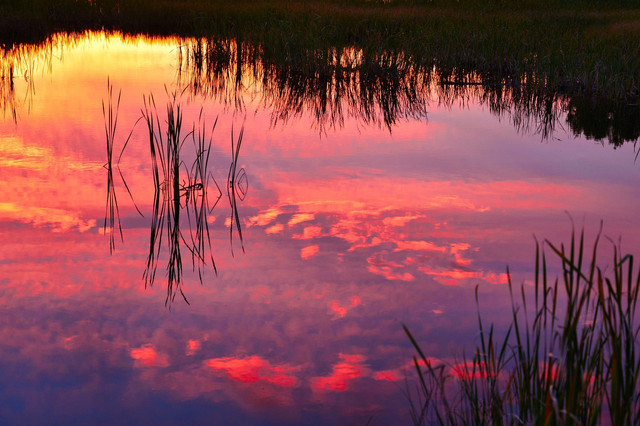


(Foto: CC0 / Pixabay / AlainAudet)
Depending on the species and the location, the time of day when mosquitoes are most active can vary. Many species of mosquitoes come out most at dawn and dusk, which are the cooler parts of the day when there is less direct sunlight. In areas where there is shade and humidity, some species can be active during the day.
It is also important to note that some species of mosquito are more likely to bite indoors, especially during the night, when people are sleeping. This can include species like the Aedes mosquito, which is known to carry diseases like dengue fever, chikungunya, and Zika virus.
Eco-Friendly Ways to Deal With Mosquitoes
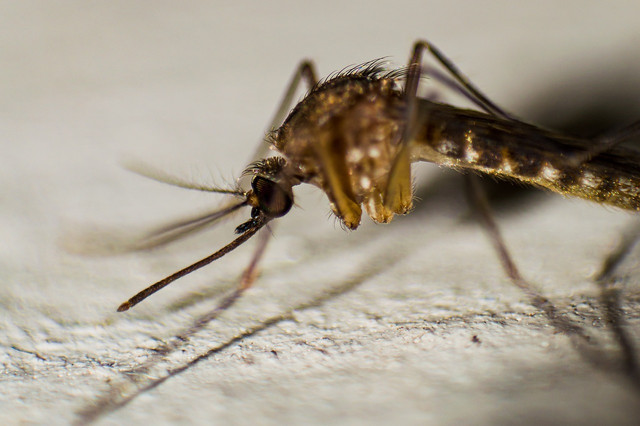


(Foto: CC0 / Pixabay / imsogabriel)
It’s a good idea to take precautions when mosquitos come out during the day and night to prevent mosquito bites. This may include wearing protective clothing, using insect repellent, and using mosquito nets or screens to keep mosquitoes out of your living space. In addition to wearing long clothes, there are some other eco-friendly precautions you can take against mosquito bites:
- Mosquitoes need standing water to breed, so you should regularly empty and clean outdoor containers like flowerpots, birdbaths, and gutters.
- Use natural repellents, like citronella, lavender, and eucalyptus, to repel mosquitoes. Citronella candles and oil-based repellents can help keep mosquitoes away without harming the environment.
- Installing screens on windows and doors can help keep mosquitoes out of your home while also allowing fresh air to circulate.
You can help control the mosquito population without harming the environment or endangering other wildlife by using these eco-friendly methods:
- Mosquitoes are a natural food source for some animals, like bats and certain bird species, so try encouraging more natural predators by building bat and bird houses in your garden.
- When you notice mosquitoes coming out, try planting mosquito-repellent plants like marigolds and lavender to help keep populations under control.
- There are various eco-friendly mosquito traps available that use natural attractants like carbon dioxide to lure mosquitoes into the trap. They are then trapped or killed without the use of chemicals.
Read more:
- 10 Natural Home Remedies for Mosquito Bites
- 11 Flowering Bushes and Shrubs to Bring Birds and Insects to Your Garden
- 15 Everyday Ways to Prevent Climate Change
Do you like this post?






